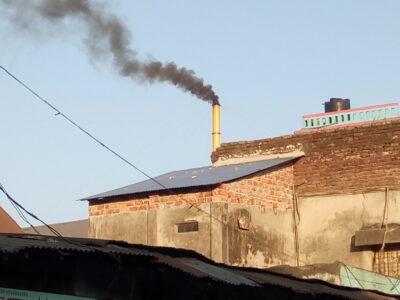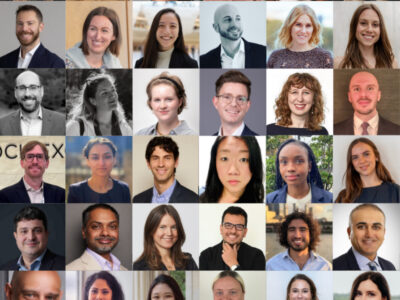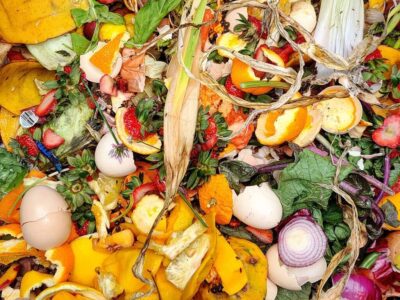
Sustainability Management student Minelly De Coo has been in the MS in Sustainability Management program (SUMA) program since 2015. She began the SUMA program having spent eight years in the engineering consulting industry and has since transitioned to the public sector. Today she serves as a senior policy advisor for the NYC Mayor’s Office of Recovery & Resiliency where she leads program delivery efforts for key initiatives within the citywide resiliency portfolio.
Minelly was looking to leverage her engineering background to transition to a field she is passionate about when she first learned about the SUMA program. The program’s innovative and integrative approach, as well as wide range of course offerings and flexibility, led her to apply.
What do you think is the most important sustainability challenge?
Growing up in a Latino immigrant household the principle of “reduce, reuse, recycle” was not simply a lifestyle choice, but a necessity; we only bought things we needed and anything no longer needed for its original use was repurposed. In recent years, going “green” and living sustainably is seen by many in underserved communities as something that only affluent individuals can achieve. I believe that closing this gap of what it means to be sustainable is the most pressing and important sustainability challenge for us to tackle. We cannot become a sustainable society if we are not bringing everyone along with us.
What skills and tools have you acquired through the program so far?
Two of the most critical skills I have acquired through the program are how to make the financial case for sustainability and being able to speak intelligently about climate change science.
How have you applied what you’ve learned in the program so far?
I apply the skills and tools I’ve learned in the program on a daily basis, especially when I am called on to assist in developing a scope and budget to advocate for a new program at work or when a current strategy needs to be evaluated or accelerated.
What is your favorite class in the SUMA program and why?
I have learned a lot in all of my courses, but taking SUMA PS5230 Earth’s Climate System my first semester laid a solid foundation for the rest of the program. This course, taught by Dr. Benjamin Cook, provides a fundamental understanding of the processes that give rise to climate change and the knowledge to be able to evaluate scientific claims about the state and behavior of Earth’s climate system. I have found these skills invaluable as I progress in my career within the sustainability field.
How do you intend to utilize your degree from the SUMA program to further your career?
The SUMA program allowed me to transition from working to solve project-level engineering challenges to working on citywide long-term climate change adaptation strategies. I intend to continue my growth within the city-level policy space and hope to one day be able to expand my influence to do this type of work across international cities.
What do you think is the most beneficial aspect of the SUMA program with regard to your career?
Without a doubt, the close-knit SUMA network and the wide range of events, both those led by SUMA and across the University, have helped to shape and transform my career in sustainability.
The M.S. in Sustainability Management, co-sponsored by the Earth Institute and Columbia’s School of Professional Studies, trains students to tackle complex and pressing environmental and managerial challenges. Visit our website to learn more.



